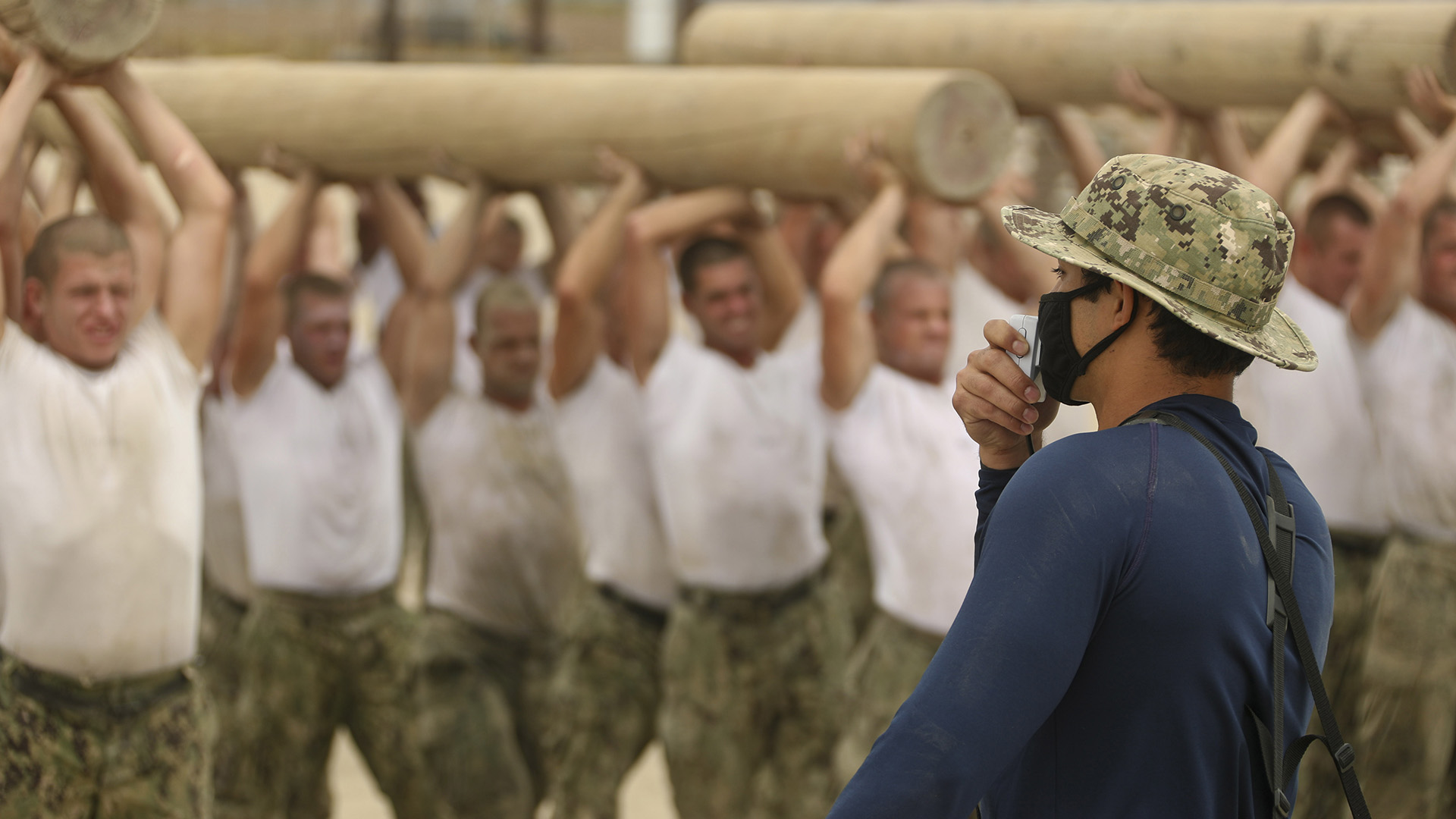

U.S. Special Operations Command has hired someone to be in charge of diversity – leading many critics to voice their outrage on social media about the military becoming unbearably woke since former President Donald Trump left office just over two months ago.
On March 25, SOCOM announced on its Facebook page that Richard Torres-Estrada would serve as the command’s “first-ever Chief Diversity and Inclusion Officer,” to help recruit America’s finest into the special operations community.
The announcement drew instant pushback from people on Facebook and other social media platforms, who felt that SOCOM was lowering its standards to allow unqualified candidates to join the most elite fighting forces in the world, all in the name of diversity.
Many of the comments in response to the Facebook post centered around the inherent exclusivity of the special operations community, with some people voicing concern that SOCOM’s high standards might be lowered for the sake of diversity and inclusion, while others argued that a more diverse force is a stronger one.
UFC Fighter and former Army Special Forces soldier Tim Kennedy posted on Instagram that the military’s sole focus must be to win wars – and anything that distracts from that will cost the lives of American service members, he said.
“The only measure of success is our capability to do violence. We have no business being part of any social justice, diversity, political issues,” Kennedy wrote. If [it] doesn’t have to do with war fighting we can’t waste one moment on it.”
But the debate runs deeper than whether SOCOM should have a diversity officer. Torres-Estrada has been assigned to other duties within the command pending an investigation into Facebook posts he allegedly made that criticized Sen. Ted Cruz (R-Texas) and former President Trump, SOCOM spokesman Ken McGraw said.
One of those posts shows a picture of Trump holding a Bible after authorities cleared Lafayette Square of protesters last year along with an altered photograph of Adolf Hitler holding a book at a Nazi rally.
Army Gen. Richard Clarke, the head of SOCOM, ordered the investigation into the social media posts and how Torres-Estrada was selected as the command’s diversity and inclusion officer, McGraw said.
“We are evaluating the process by which candidates were assessed for this position,” McGraw said. “It would be inappropriate to comment on specifics until the evaluation is complete.”
Task & Purpose was unable to reach Torres-Estrada by phone or email. His profile on Facebook appears to no longer be available.
Defense Secretary Lloyd Austin supports Clarke’s decision to take a deeper look into the social media posts attributed to Torres-Estrada, Pentagon spokesman John Kirby told reporters on Monday.
“Obviously, we take the need to promote diversity and inclusion seriously here in the department,” Kirby said. “The secretary has spoken to that many times. And we certainly want that work to be transparent; to be credible; to be effective; and – of course – professional.”
In the wake of George Floyd’s death last May at the hands of a Minneapolis police officer, the Defense Department and individual military branches have taken a hard look at how to eliminate the racial and gender barriers that prevent many service members from being promoted and going on to leadership positions.
About 53% of active-duty enlisted service members are white, according to a Pentagon report on diversity, which also found that the military’s officer corps is much less diverse than the American population.
A 2017 Defense Department survey found that 30% of Black service members and 22% of Asian troops who responded indicated they felt their chances of getting promoted would be hurt if they reported incidents of racial harassment and discrimination.
However, the special operations community has always given all service members an equal opportunity to meet the high standards required to carry out the difficult missions they are tasked with, said former Navy SEAL Rob O’Neill, who is credited with killing Osama bin Laden in 2011.
“I don’t give a s**t what you look like or where you’re from: If I get shot wearing my body armor and you can carry me home to my wife and/or husband, you fit in — and that’s it,” O’Neill said. “If the top five people we have competing for a job happen to be, for example, Asian females: I want those five Asian females doing the job. I want the best of the best, and that’s the way we’ve always been. And it works.”
O’Neill said he is concerned that forcing diversity on SOCOM is tantamount to “letting weakness in” to the elite community.
“I have friends who are transgender,” O’Neill said. “I know women who can kick my ass. That’s good. But diluting [the standards] just so we have to do it is going to make it weaker and it’s just a shame.”
“At the end of the day, when it’s all said and done, there are people going through a door in a house where there are bad guys trying to kill them,” he continued. “And if they can’t depend on each other, they’ve lost.”
But McGraw said SOCOM’s focus on diversity has nothing to do with lowering the standards required to become a special operator.
“Finding the best person for the job starts with casting the widest net possible and allowing those interested the opportunity to try,” McGraw said. Not everyone will make the cut, but this is about expanding the recruiting pool because we want to ensure we have the right person for the job.”
Featured image: A Basic Underwater Demolition/SEAL (BUD/S) instructor directs SEAL candidates participating in strength and conditioning training with logs at Naval Special Warfare (NSW) Center in Coronado, Calif., May 18, 2020. (U.S. Navy Photo by Mass Communication Specialist 1st Class Anthony W. Walker.)